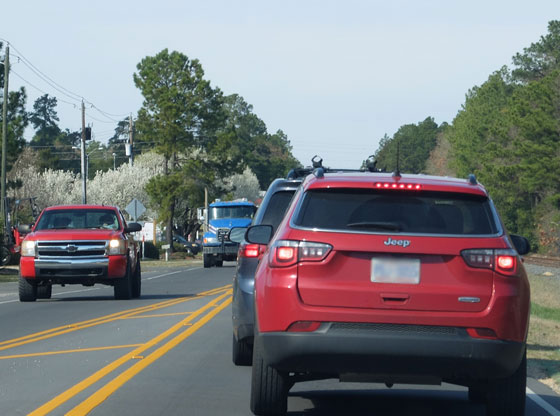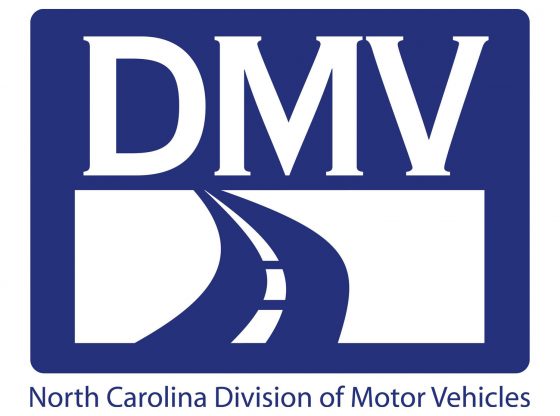A recent statewide survey about how North Carolina public school performance is graded drew more than 26,000 participants, most of whom said that the current A-F grading system needs to be revised to give more weight to student growth and to include more non-academic criteria.
The online survey, conducted during the last two weeks by the education news website EdNC, found that among those who responded to a question about expanding the scope of the current school grading model, 90% favor a grading approach that includes measures beyond test scores and student growth and that 87% agree that different measures of success should be applied to elementary, middle and high schools
State Superintendent of Public Instruction Catherine Truitt says changes to the school grading system are needed not only to measure school performance more accurately, but also to help drive better student outcomes since accountability measures have a strong influence on the priorities for teaching and learning in schools.
“These survey results are a call to action,” Truitt said. “There is widespread agreement that school performance grades should be more encompassing than just test scores and instead include indicators that more accurately reflect school quality.”
“Work now underway to redesign the school performance grade model allows us to consider other measures that demonstrate how schools are helping students thrive and what they are doing to prepare students for life beyond graduation. We have excellent public schools in our state, and this process is about making sure the system used to grade them considers more than just test scores and school growth metrics.”
Most of the survey responses came from people identifying themselves as K-12 teachers (42%) and parents, guardians, or grandparents (33%), with principals accounting for 8% of the responses and students, 6%. Sixty one of the 115 local superintendents responded to the survey.
The survey results were reviewed and discussed Monday during the second meeting of an advisory group of education stakeholders that has been convened to develop a revised school grading model for consideration by the legislature next year. During the next month, the advisory group will continue to review data trends and convene in November to discuss indicators for consideration and recommend potential changes to the model.
While nearly three quarters of survey respondents agreed that some level of standardized testing is necessary to understand how students are doing, just slightly fewer than that disagreed that the current formula for calculating school performance grades – with a weight of 80% student achievement and 20% student growth – should remain in place. A slight majority (55%) said they believed that achievement and growth should be weighed equally in the grading model.
Among the criteria other than test scores that garnered the highest levels of agreement for measuring school quality were these:
*Courses offered outside of core academics (i.e., arts, world languages, career, and technical education)
*Durable skills (i.e., communication, collaboration, critical thinking, creativity, persistence)
*High school graduation rate
*School climate (overall social and learning climate)
*School safety (i.e., incidents of school crime, violence, school resource officer)
Several other potential factors for inclusion in a revised model also found support:
*Advanced or honors courses offered
*Closing gaps between different student groups
*Earning college credit in high school (i.e., Advanced Placement, International Baccalaureate, Career and College Promise, Community College)
*Innovative teaching and learning practices (i.e., Project-Based Learning, Competency-Based Education, Digital Learning, Virtual or Blended Courses)
*School environment/cleanliness
*Teacher attendance/absenteeism
*Work-based learning experiences (i.e., internships, apprenticeships)
*Workforce credentials or industry-based certifications
The opinion survey was conducted as the Department of Public Instruction begins a process to overhaul the state’s school performance grading system. The A-F performance grades were developed so communities could better understand the quality of North Carolina’s public schools, but a growing consensus has led many to believe that the current model does not accurately reflect all aspects of school quality because it puts too much weight on student achievement as determined by high-stakes testing.
Since the 2013-14 school year, North Carolina public schools, including charters, have received an A-F letter grade that reflects school performance measured primarily by student performance on the state’s End of Grade (EOG) and End of Course (EOC) exams. Under state law, grades are based on each school’s achievement score (weight of 80%) and each school’s students’ academic growth (weight of 20%). The total school performance score is then converted to a 100-point scale and then used to determine a school performance grade of A, B, C, D or F.


















